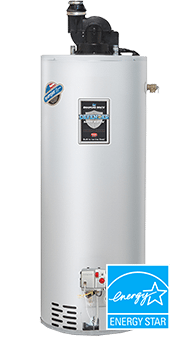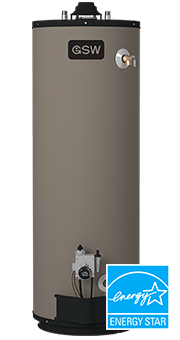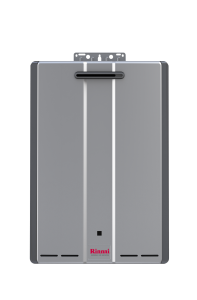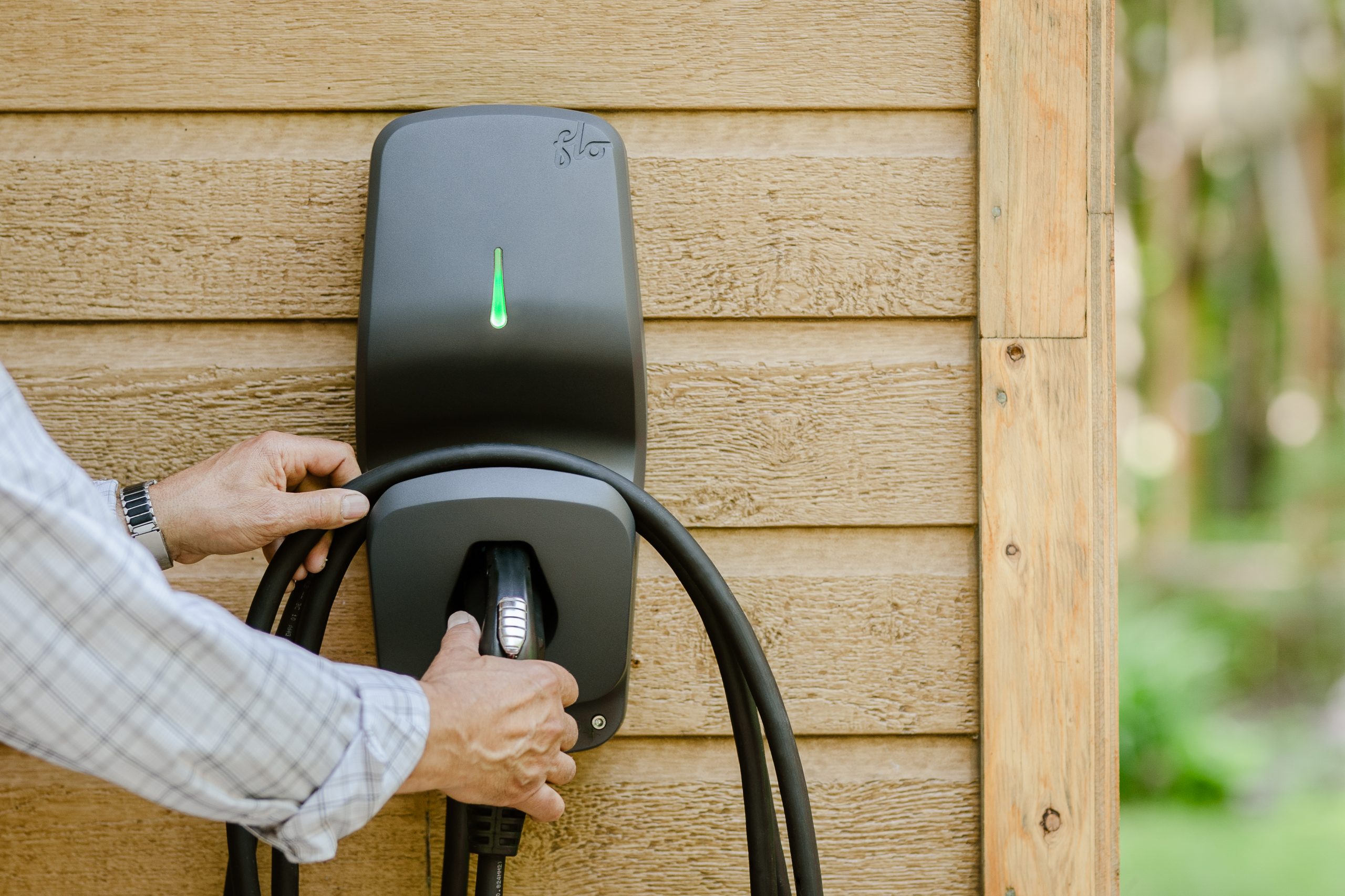A Guide to Commercial Electric Water Heaters: How They Work | Types | Energy Efficiency7 min read
Reading Time: 6 minutesA Guide to Commercial Electric Water Heaters:
Water heaters are an essential piece of equipment for commercial businesses and facilities of all types: from retail stores and beauty salons to medical offices, continuing care centres, restaurants, spas and more. This guide is meant to help business owners better understand commercial electric water heater systems — from how they work, how they compare to other types of water heaters and what to consider when looking for a new commercial water heater.
How do commercial electric water heaters work?
Water heaters use an energy source to raise the temperature of water so that it can be used comfortably in domestic and commercial settings. And while this is true for all water heaters, the methods used to both heat and supply the water will change depending on the type of unit installed.
In order to better understand commercial electric water heaters, it is important to understand how they compare to different types of water heaters. The three most common energy sources used to power water heaters in Canada are electrical, natural gas and propane.

LEARN MORE ABOUT RELIANCE COMMERCIAL SOLUTIONS >>
Commercial Electric Water Heaters:
If your place of business is heated by electricity, there is a good chance that it also uses an electric water heater. Electric water heaters use electricity to heat up elements which in turn heat the water. Electric water heaters are easy to install and, unlike propane- and natural gas-powered water heaters, do not require venting.
Natural Gas Water Heaters:
These units use a gas-powered burner controlled by a gas valve and a thermostat to heat water which can then be used where it is needed in your facility. The exhaust gases produced by this process must then be vented. Natural gas water heaters cost more than electrical units, but they may offer savings in the long-run depending on local energy prices. In Ontario, natural gas can be one of the most economical ways to heat the water in your facility or business.
Propane Water Heaters:
Propane water heaters are powered by essentially the same concepts that power natural gas water heaters.
What are the different types of commercial water heaters?
Now that we understand how different types of commercial water heaters are powered, it is important to understand the different models available.
Storage Tank Water Heaters:
Storage tank water heaters are very common in both commercial and domestic settings. These systems heat and store water in large tanks so that a supply of hot water is stored and readily available. These systems heat and supply water as new water flows into the tank. Some examples of storage tank systems are:
Commercial Electric Storage Tank Water Heaters:
An electric water heater uses electricity to heat water in the tank and does not require venting, offering more flexibility for installation locations. That said, depending on utility rates, many customers prefer natural gas water heaters due to running costs in areas where natural gas is available.

Power-Vented Gas Water Heaters:
A power vented water heater uses a motorized blower to push exhaust gasses through pipes that can be vented out of the side or roof of a building, offering more flexibility for installation locations compared to conventionally vented water heaters.


Conventional Gas Storage Tank Water Heaters:
A conventional water heater is vented vertically through the roof or chimney of a building where exhaust gasses naturally rise out through the pipe. This requires very specific installation locations that are close to existing vertical vents.

Heat Pump Electric Water Heaters:
Instead of generating heat directly, heat pump water heaters use electricity to transfer heat from one place to another. These systems pull heat from the air in a surrounding space — such as a basement, utility room or furnace room — and transfer it to the tank of water to heat it up. These systems may not operate as efficiently in cold spaces. This can make them less advantageous during the winter months when the surrounding air needs to be heated.1
Tankless Water Heaters:
In contrast to storage tank systems that constantly heat and store water whether it is being used or not, tankless water heater systems heat water on-demand and only when it is needed. Tankless systems are small and compact, which can help to save space for businesses with smaller floor plans.

These units are typically more expensive, and can come with installation challenges. That said, they are generally more efficient than storage tank water heaters. Also available are Tankless Hybrid Water Heaters which combine the benefits of a tankless system with a small storage tank.

Are commercial electric water heaters energy efficient?
The efficiency of a unit can have an impact on the operating costs of a facility. The energy efficiency of a commercial water heating system depends on both the energy source used and the type of water heater in question. It is also important to consider the difference between energy efficiency and cost efficiency.
The efficiency of electric water heaters versus natural gas and propane
In storage tank systems, electric water heaters can run efficiently because the electric heating elements convert virtually all of their electricity into heat. And because the heating elements are immersed in water, all of that heat is then transferred to the water. That said, electrical water heaters typically take longer to recover hot water.
This is different from some conventional gas-fired water heaters that can run rather inefficiently because they use naturally aspirated burners, continuous pilot lights and because they suffer energy losses from venting.1 However, there are higher-efficiency natural gas and propane models that run more efficiently than conventional gas-fired water heaters (though they are more expensive upfront).
And while electric water heaters run more efficiently, this does not mean that they are always cheaper to run over the long-term. Natural gas is generally much cheaper than electricity in some regions, which can make natural gas water heaters the more economical option.
This is all to say that efficiency depends on a number of factors. As a result, it is essential to consult with experts to ensure you are installing a unit that is right for your facility and that will balance performance, comfort, cost and efficiency.

Tankless Water Heaters vs. Storage Tank Water Heaters for Efficiency
When comparing the cost and energy efficiency of tankless water heaters versus storage tank models, it is important to factor in how much water you heat, what type of tankless water heater you choose and the efficiency of the water heater you are replacing. That said, tankless water heaters are generally more efficient and conserve more energy than storage tank models.

As soon as water sits in a tank, it begins to lose heat. This means a traditional water heater is continually turning on and off to keep water warm and ready to go. With tankless, because water is heated quickly and only when it is needed, it is more energy efficient. In fact, our condensing models start at an energy factor of 0.94, which means 94% of the fuel is being used to heat the water and only 6% is wasted. The result? A tankless water heater could lower your energy bill.

Wondering about commercial electric water heater cost? Renting is a great option.
Ensuring you are getting good performance out of your commercial water heating system is both necessary and potentially costly. From repairs and maintenance to purchasing and installation, there are major costs to consider when dealing with water heaters, regardless of the model you choose.
Buying a water heater will involve upfront costs and you will be responsible for the cost of maintenance and repairs. On the other hand, renting from Reliance Commercial Solutions means you can take advantage of a Water Heater Rental plan, which offers free standard installation† as well as long-term protection for an affordable monthly price. You can also rest easy knowing your equipment is backed by an industry leader that has delivered excellent service and results for over 60 years.
To learn more about water heaters and the numerous benefits that come with our rental plans, get in touch with a Reliance representative today!
LEARN MORE ABOUT RELIANCE COMMERCIAL SOLUTIONS >>
Sources:
1. Natural Resources Canada. Water Heater Guide.
*Rental and protection plan benefits including service response time, included repair and replacement costs and buyback are subject to rental program terms and conditions. Standard installation at no charge. Some additional charges may apply in certain cases (e.g. code-required venting).



